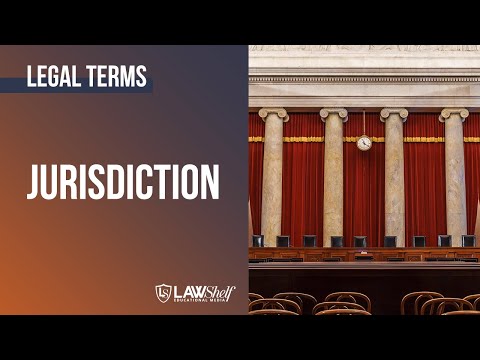
Understanding the Legal Jurisdiction: The Distinctive Laws of Washington, D.C.
Welcome to this informative article on the distinctive legal jurisdiction of Washington, D.C. Whether you are a resident, planning a visit, or simply curious about the laws that govern our nation’s capital, this article aims to provide you with a comprehensive understanding of the unique legal framework in place.
Please note: While we strive to present accurate and up-to-date information, it is essential to remember that laws can change, and this article should not be considered a substitute for professional legal advice. Always consult multiple sources and seek guidance from qualified legal professionals regarding specific legal questions or concerns.
📋 Content in this article
Now, let’s delve into the fascinating legal landscape of Washington, D.C. Understanding the jurisdictional framework is crucial for comprehending the way laws are enacted, enforced, and interpreted within our nation’s capital.
Washington, D.C., also known as the District of Columbia, is a unique entity. It is not a state but a federal district established by the United States Constitution. This distinction grants Congress exclusive legislative authority over the District.
In 1973, recognizing the desire for local autonomy, Congress passed the Home Rule Act. This legislation provided Washington, D.C. residents with limited self-governance powers. While Congress still maintains ultimate authority and oversight, the Home Rule Act granted the District the ability to enact its own laws and establish local government institutions.
The primary legislative body in Washington, D.C. is the D.C. Council. Comprising 13 members elected by residents, the Council is responsible for creating and passing local laws that govern various aspects of life within the district.
Understanding the Jurisdiction of Washington DC: A Comprehensive Overview
Understanding the Legal Jurisdiction: Distinctive Laws of Washington, D.C.
In the United States, each state has its own set of laws and legal jurisdiction. However, the nation’s capital, Washington, D.C., operates under a unique legal system. Understanding the jurisdiction of Washington, D.C. is essential for anyone who resides in or does business within its boundaries.
Here are some key points to help you navigate the distinctive laws of Washington, D.C.:
Understanding the Unique Legal Framework of Washington DC
Understanding the Legal Jurisdiction: The Distinctive Laws of Washington, D.C.
In the United States, each state possesses its own set of laws and legal framework, allowing for some level of independence in governing its residents. Washington, D.C., however, operates under a unique legal jurisdiction due to its status as the nation’s capital. essential to comprehend this distinctive legal framework if you find yourself residing or conducting business in Washington, D.C. Here, we will delve into the key aspects of Washington, D.C.’s legal jurisdiction to provide you with a comprehensive understanding.
1. Federal Influence:
Washington, D.C. is subject to federal law since it is the seat of the federal government. This means that while it has a local government, federal laws play a significant role in shaping the legal landscape of the city. For instance, federal statutes and regulations apply to various aspects of life in Washington, D.C., including taxation, employment, and criminal law.
2. Local Government:
Although Washington, D.C. is not a state, it does have a local government that possesses limited powers granted by Congress. The District’s government is responsible for enacting and enforcing laws specific to the city. It consists of an elected mayor, city council, and other local agencies that handle matters such as zoning, licensing, and public safety.
3. Home Rule:
Washington, D.C. operates under a system known as “home rule.” This means that the city has some degree of autonomy in managing its local affairs. However, ultimate authority still rests with Congress, which can override or modify any laws passed by the District government. Home rule allows Washington, D.C. residents to elect their local officials and have a voice in shaping their own laws.
4. Relationship with Congress:
Given its unique status, Washington, D.C.’s laws are subject to review by Congress. This means that any legislation passed by the local government may be subjected to scrutiny or alteration by the federal legislature.
Understanding the Legal Jurisdiction: The Distinctive Laws of Washington, D.C.
